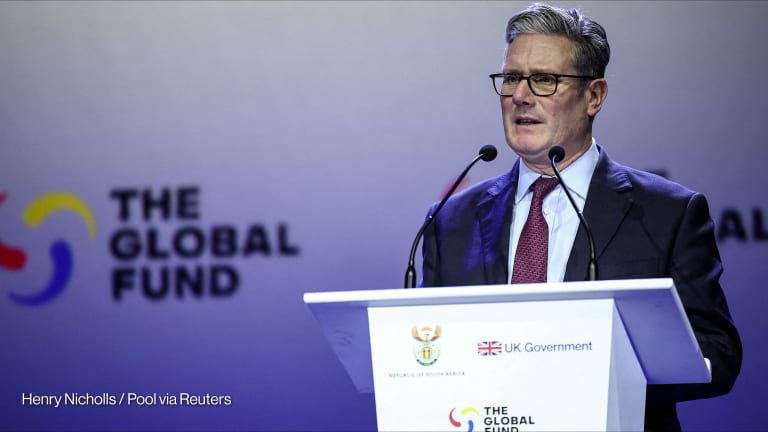
As much as $1.9 billion may be available to countries invited by the Global Fund to Fight AIDS, Tuberculosis and Malaria to apply for grants as it transitions to a new funding model.
The financing institution formally launched its new funding model Thursday (Feb. 28), though full implementation won’t begin until late 2013 or early 2014. The model is part of the spate of reforms the Global Fund has taken over the past few months, in a bid to renew donor confidence.
More than 60 countries and regional initiatives were identified as “early” and “interim” applicants — or those eligible for funding under the transition period. Access to funding during the transition phase is by invitation, according to the Global Fund.
The Democratic Republic of the Congo, El Salvador, Kazakhstan, Myanmar, the Philippines and Zimbabwe could access as much as $364 million in new funding as “early applicants.” Three of them — DRC, Zimbabwe and the Philippines — were also chosen as “interim applicants.”
Regional initiatives identified as early applicants were the Regional Artemisinin Resistance Initiative, Eurasian Harm Reduction Network and Regional Malaria Elimination Initiative in Mesoamerica and Hispaniola.
Early applicants will undergo the new model’s full process and are also eligible for incentive funding, which goes toward “ambitious investment cases.” A total of $87 million in incentive funding will be available for early applicant countries. Funding for interim applicants will be for renewals, grants extensions and redesigned programs.
Participants were chosen based on four criteria: They can achieve rapid impact, would receive less than they would under the new model’s funding principles in 2013-2014, are at risk of service interruption, and are diverse in size, geography, capacity and proposal modalities.
The last criterion is important “so that lessons learned can be derived from all aspects of the funding model, including funding for underserved and most-at-risk populations,” Seth Faison, head of communications at the Global Fund, told Devex in an email.
The Global Fund encourages applicants not included in the transition phase to prepare for the funding model’s full rollout, such as by strengthening national strategies or the capacity of country coordinating mechanisms.
The creation of country bands — an important part of the allocation process under the new funding model — is expected to be finalized by the end of the year.
The $1.9 billion in funding for the transition phase “is likely to be stable, but could possibly change,” Faison said, depending on the delivery of donor pledges. The replenishment meeting in late 2013, meanwhile, will set the funding for the 2014-2016 period. The allocation period under the new model is also three years, similar to the fund’s replenishment cycle.
Read more on development aid news online, and subscribe to The Development Newswire to receive top international development headlines from the world’s leading donors, news sources and opinion leaders — emailed to you FREE every business day.








